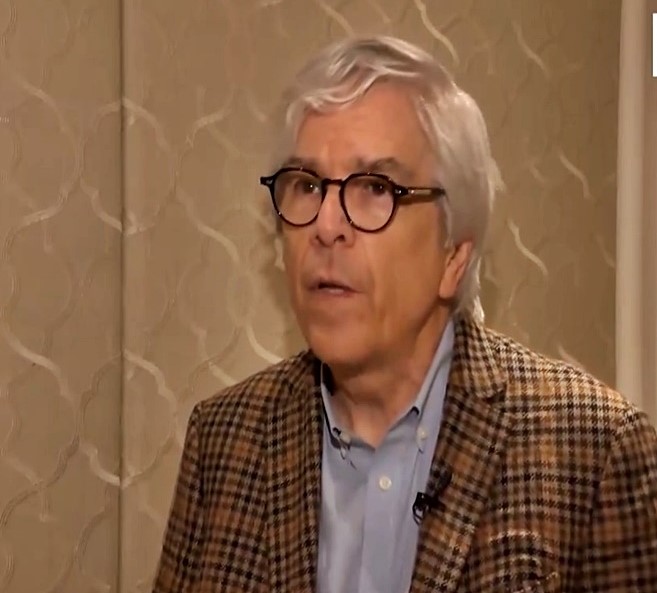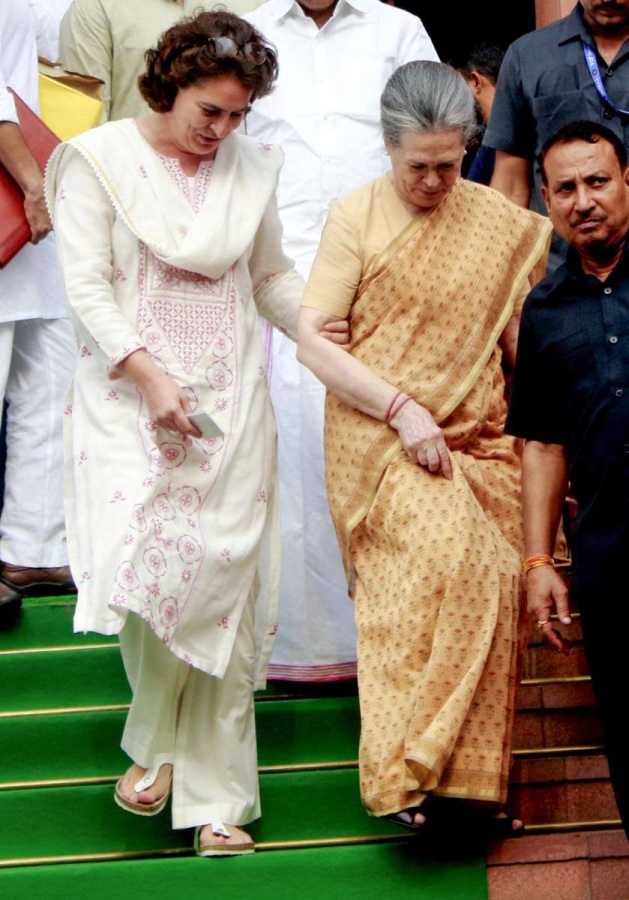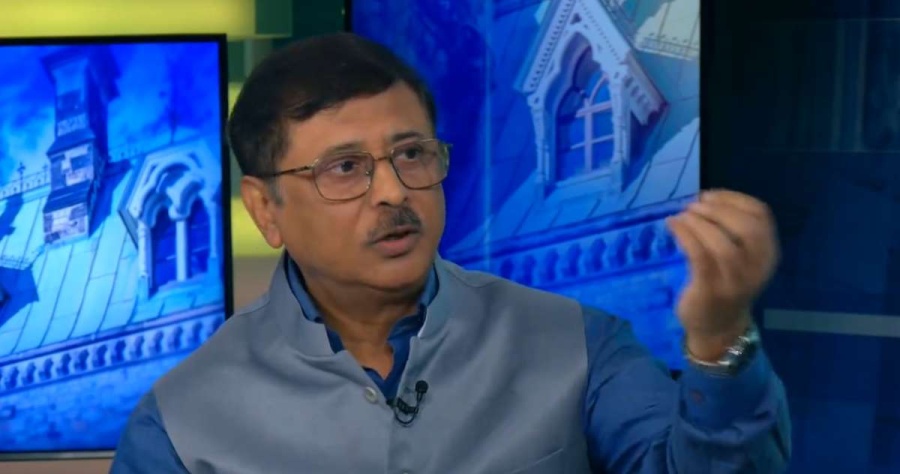Professor Paul Michael Romer said that the South Asian nations can benefit heavily by emulating India’s digital transformation…reports Asian Lite News
Nobel Laureate Professor Paul Michael Romer on Sunday hailed India’s digital revolution as one of the most inspiring and interesting success stories and said that it has set a new benchmark for world powers.
Prof Paul Michael Romer, also the former Chief Economist of World Bank, is currently in India and will be one of the lead speakers at the two-day NDTV World Summit, starting from October 21.
Professor Paul, sharing his views on India’s digital prowess, pointed out a unique aspect of India’s digital transformation and said that the South Asian nations can benefit heavily by emulating it.
He said that India’s digital revolution not only made the lives of people easier and simpler, but it has also emerged as an example for the rest of the world.
Ahead of his participation in the discourse at NDTV platform, the Nobel Laureate lauded Prime Minister Narendra Modi-led government for successfully leading the digital penetration into masses and pushing it to every nook and corner of the country.
“Digital revolution here is very interesting because it is being used by the government to provide benefits to all members of society. This is very different from most countries of the world, where the target is only a lucky few beneficiaries. India’s story is unique because it is providing benefits to all,” he said.
When questioned on how India’s digital success could become a model for South Asian nations, he said that online services like UPI, DBT, Digilockers and more have shown tremendous success and the Southern nations could emulate it for writing a similar success story for them.
“Other countries, particularly in the South should believe that if India can do it, we can also do it. They can draw inspiration and confidence from India and harbour an ambition to create a success story. They don’t need to be dependent on rich countries, rather should initiate work based on their own ground realities,” he told the mediapersons.
When questioned about India’s astounding success in digitising the economy despite very limited online literacy, he said that he has always been a strong votary of technology as a great enabler.
“In 1980s, I strongly vouched for technology to be a life-changing enabler. Technology can improve the quality of life – and is visible in countries like Singapore, South Korea and more. When China grew faster than any other country, some attributed it to its size. However, in democracy what matters is the country’s capacity, its ambition and vision to achieve,” he remarked.
ALSO READ: Stage set for crucial BRICS summit














